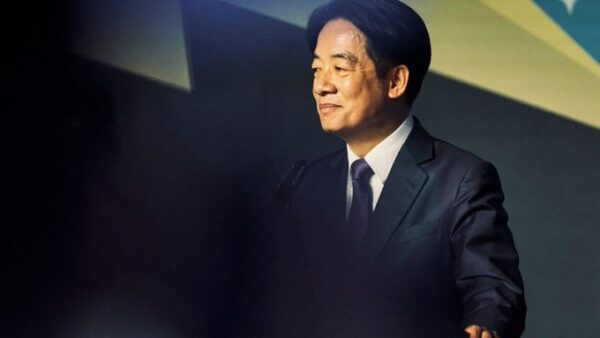Trump Blocks Taiwan President Lai’s New York Stopover

The administration of former U.S. President Donald Trump has denied permission for Taiwan’s Vice President Lai Ching-te to stop in New York during his planned transit to Central America. The move comes after China raised objections with Washington regarding the visit.
Lai was scheduled to pass through the United States in August en route to Paraguay, Guatemala, and Belize—countries that officially recognize Taiwan. However, according to multiple sources familiar with the decision, the U.S. government informed Lai that he would not be allowed to visit New York during his trip.
On Monday, Lai’s office in Taipei announced that he currently has no plans for overseas travel, citing Taiwan’s ongoing recovery from a recent typhoon and ongoing trade discussions with the U.S., particularly concerning tariffs.
Insiders indicate that Lai’s decision to cancel travel plans followed the notification that his New York stopover would not be permitted.
This development has sparked concern among Taiwan’s supporters in Washington, who fear that the Trump administration may be softening its stance on China amid efforts to organize a summit between Trump and Chinese President Xi Jinping.
Recent reports from the Financial Times reveal that the U.S. Commerce Department was instructed to freeze plans for stringent export controls against China, highlighting the ongoing delicate trade negotiations between the two countries.
Lai also intended to visit Dallas during his trip, but it remains unclear whether the denial of permission extends beyond New York to the entire U.S. transit.
China has consistently opposed Taiwanese leaders visiting the U.S., which does not maintain official diplomatic relations with Taipei. Notably, the Biden administration permitted then-President Tsai Ing-wen to stop in New York in 2023 while traveling to Belize and Guatemala.
Experts suggest that the Trump administration’s decision reflects a desire to avoid aggravating Beijing during sensitive diplomatic talks. Bonnie Glaser, a China and Taiwan expert, noted that this action signals a willingness to negotiate aspects of U.S.-Taiwan relations, potentially weakening U.S. deterrence against China’s ambitions regarding Taiwan.
Meanwhile, Treasury Secretary Scott Bessent met with Chinese Vice Premier He Lifeng in Stockholm to continue trade negotiations amid this backdrop.
Critics argue that yielding to Beijing’s pressure is a strategic mistake that could embolden China to demand further concessions from the U.S.
The White House has yet to comment on the decision, while the Taipei Economic and Cultural Representative Office in Washington referred inquiries back to Lai’s office statement.





